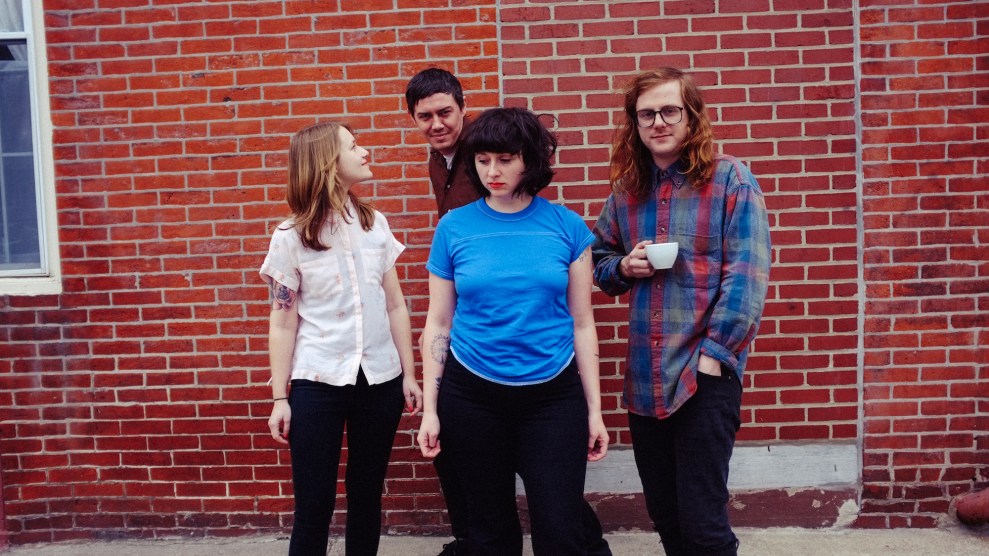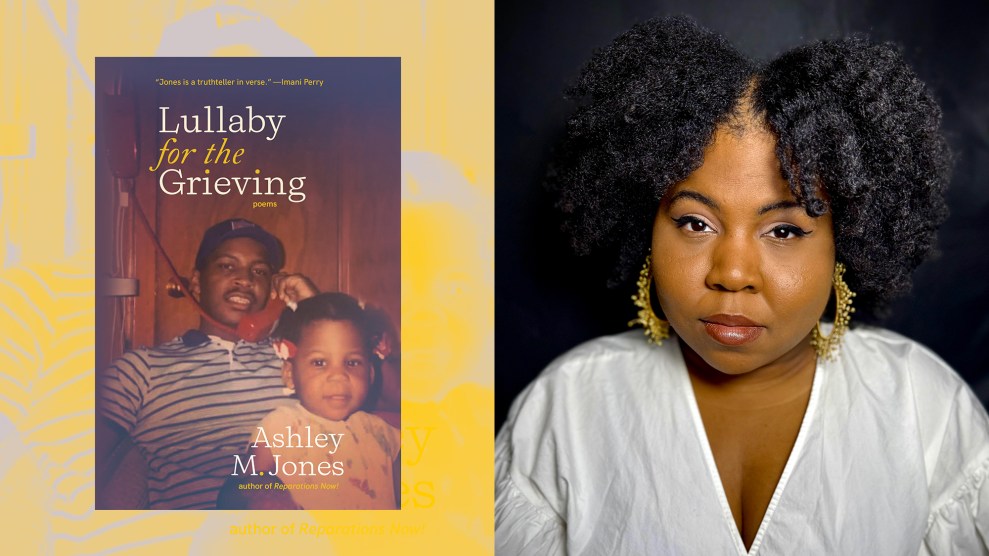
Daniel DeSlover/ZUMA Wire
This week: When I Get Home by Solange (Columbia Records, 2019)
Why we’re into it: Look, it’s Solange. We had to.
We’re sure you’ve already seen it plastered all over the music sites, and on your friends’ Instagram stories, and trending on Twitter—which is to say that this isn’t as much of a “find” as it is a you-must–listen-to-this. But this isn’t an album to shuffle. Not even close. It’s a fully expressed, beginning-to-end journey. Each track belongs in its specific place and should be respected as such. There are no singles, because there can’t be. None of these songs should be extracted and separated from the album.
So let’s start at the beginning: “Things I Imagined.”
This is an inspiring, soft, and sultry introduction, marked by Solange’s signature ability to transport you into her world—one of her great talents that hasn’t faded over time. If you do what we urged at the beginning and listen in order (and you must), “Things I Imagined” slides right into an interlude, which then serves as a brief bridge into one of the few full-length tracks. “Down With the Clique”—produced with help from Tyler, the Creator—is a neo-funk reimagining of a jazz bar’s last song, pensive and uncluttered. She deploys repetition with nuance and confidence that never gets stale. The layering of a phrase into itself in succession, sometimes on the top in a new harmony, or overlapping as the song moves along, is an essential and prominent trait in “Down With the Clique”—not to mention the rest of the tracks in this album.
“Nothing Without Intention (Interlude)” emerges from the echoing, ethereal “Dreams” like the break at a house show where you turn to the people around you, suddenly aware of your altered state of mind. Overlapping voices give way to a very brief chorus of “Do nothing without intention” to drive home the point that everything Solange does, from music note to lyric, she does with the most exquisite intention.
What shouldn’t be lost in any conversation about this work is its timeliness. With tracks like “Almeda” and “My Skin My Logo,” Solange continues the Knowles legacy of making music that addresses the present and acknowledges the past—throwing it all together into a healing and introspective look at the world we live in. “These are black-owned things/Black faith still can’t be washed away,” she sings. “Not even in that Florida water.” Tucked near the end of the album is the hard-hitting and disjointed “Sound of Rain.” It starts with a fantastic beat, R&B with glimmers of glitchy electronic murmurs. Produced by Pharrell with extra vocals from ABRA, this song is a standout.
“I’m a Witness” pulls the album’s musical themes into a smooth and immersive sound bath of an exit. Some moments are light and bright, and others are deep and prolonged. Solange sings “taking on the light” in broken rounds to a clear and soft finish.
One of Solange’s most dominant characteristics is the way her juxtaposition of beats, mixes, vocals, and samples makes listeners feel simultaneously soothed and uncomfortable. The mix isn’t always smooth, and that’s the point. If Beyoncé is the sun—loud and emotive and bright—then Solange is a quietly looping moon: intelligent, sensitive, glittering, and moody. When I Get Home is only more evidence of her stunning abilities as an artist—synthesizing a state of being as an essential ingredient of how we experience everything around us.















